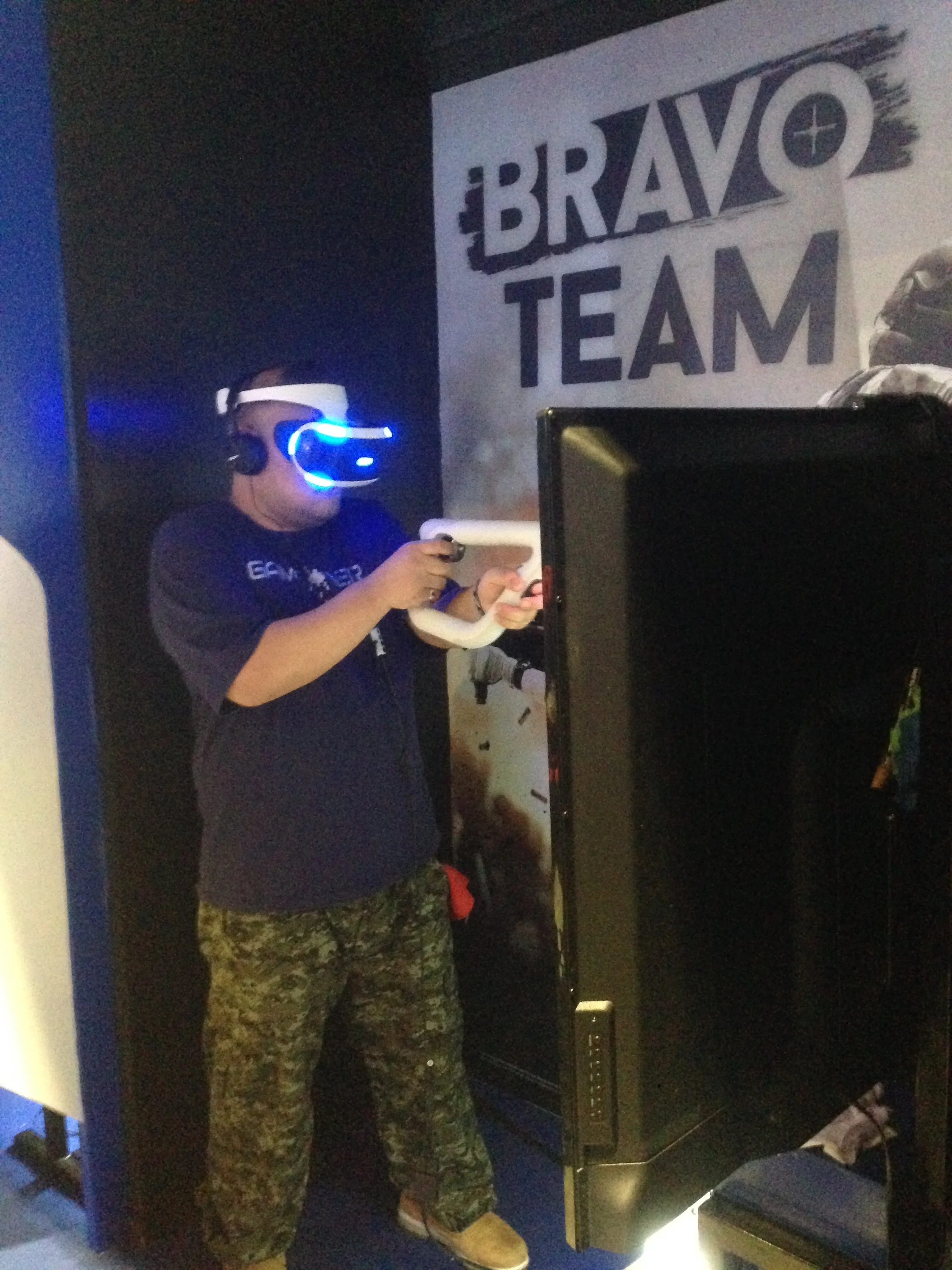Game Developers Continue To Struggle With The Obstacles of Visas
/We here at Too Much Gaming don't go to GDC but everyone in attendance last week knows about the map on which every attendee is invited to pin the location from where they work. The intention is honorable enough; to illustrate the global spread of game industry and demonstrate how game development draws talent from all over the world.
At the #1ReasonToBe panel hosted by all around game development good guy Rami Ismail of Vlambeer, lines were drawn around the coasts and borders of the world's countries taken away and what remained was a much smaller and more diffuse representation of the globe. "It's supposed to be a map of the world," Ismail said, "but it's actually a vague outline of the US, a little blob of Europe, some spots of China and Japan, and maybe a little bit in the far south of America."
"Apparently, that's supposed to be where people make games," Ismail continued. But this version of the map he says, "is the map of people who can come to GDC; who can afford to come to GDC, and who are allowed to come to GDC." Ismail is in part, alluding to the difficulties he faced in assembling the #1ReasonToBe panel this year: out of six chosen speakers, three were denied the visas to accept Ismail's offer of a fully subsidized trip to GDC.
Among those developers is Gwendelyn Foster. Every year, Foster organizes Indie Arena at the E-Sports and Gaming Summit (ESGS), which showcases small independent games. She's also secretary of IGDA (Independent Game Developers Association) Manila and a director of technology at Ritmo Learning Lab. Full disclosure: I know Foster, but only in passing through numerous gaming related events over the years. We're not close, but we're acquainted.
Accepting Ismail’s offer to come to GDC would’ve been an opportunity for Foster to cultivate her ties with the international game development community, but speak to the game development press and secure opportunities. Developers like Foster, according to Ismail “[have] stories and passions and perspectives that are worth sharing on this stage, that they will not get to tell," Ismail continued.
In Foster’s own words, the disappointment was in being unable to tell the story of Filipino game development in person before a live audience of her peers. In a piece for GamesIndustry.Biz about her experience with visa rejection she said that #1ReasonToBe was “the perfect platform” to talk about “our history as an industry, and the goodwill of our people,” and how Filipino developers “persevere amidst the poor infrastructure and the rapidly changing political climate.”
But in spite of the fact that she was invited to come to San Francisco, and that sponsorship for her flight and lodgings was guaranteed and that she would be returning to Manila to continue her work on games, Foster was denied fo a visa, not once, but three times. Such visa rejections, Ismail described, are “a permanent mark […] that will require the [individual] to admit they had a visa rejection every time they apply in the future.”
Foster described the plight of the Filipino as “diplomatic hostility,” saying that “[d]espite the fact that we were colonized by three different countries,” they remain lower class citizens in matters of travel and global opportunity. “It is a symptom of a problem that goes beyond the games industry,” she wrote. “This is what makes it hard for people like me, who are more than willing to take the bureaucratic route but are still subjected to harsh judgement and scrutiny.”
Ultimately, Foster was forced to accept the situation and sent Javi Almirante, a fellow developer of hers five years her junior, in her stead. “With the event drawing closer, I owed it to Rami and to my country to send a representative. It was more important that our stories were heard,” Foster recounted. Ismail got his six member panel in the end, with Almirante speaking alongside five other individuals from different countries.
“When [Javi] showed me his draft, I asked him not to include me and to highlight our problems, our aspirations, and our games, but he still did. These small hat tips are what makes me proud of our culture of gratitude. My glass is not half empty, or half full; it is overflowing. We are never alone, and we must continue to work towards creating an industry where everyone can make the games they want to make.”














Academia: School Simulator is set to prove that managing a school can be fun.